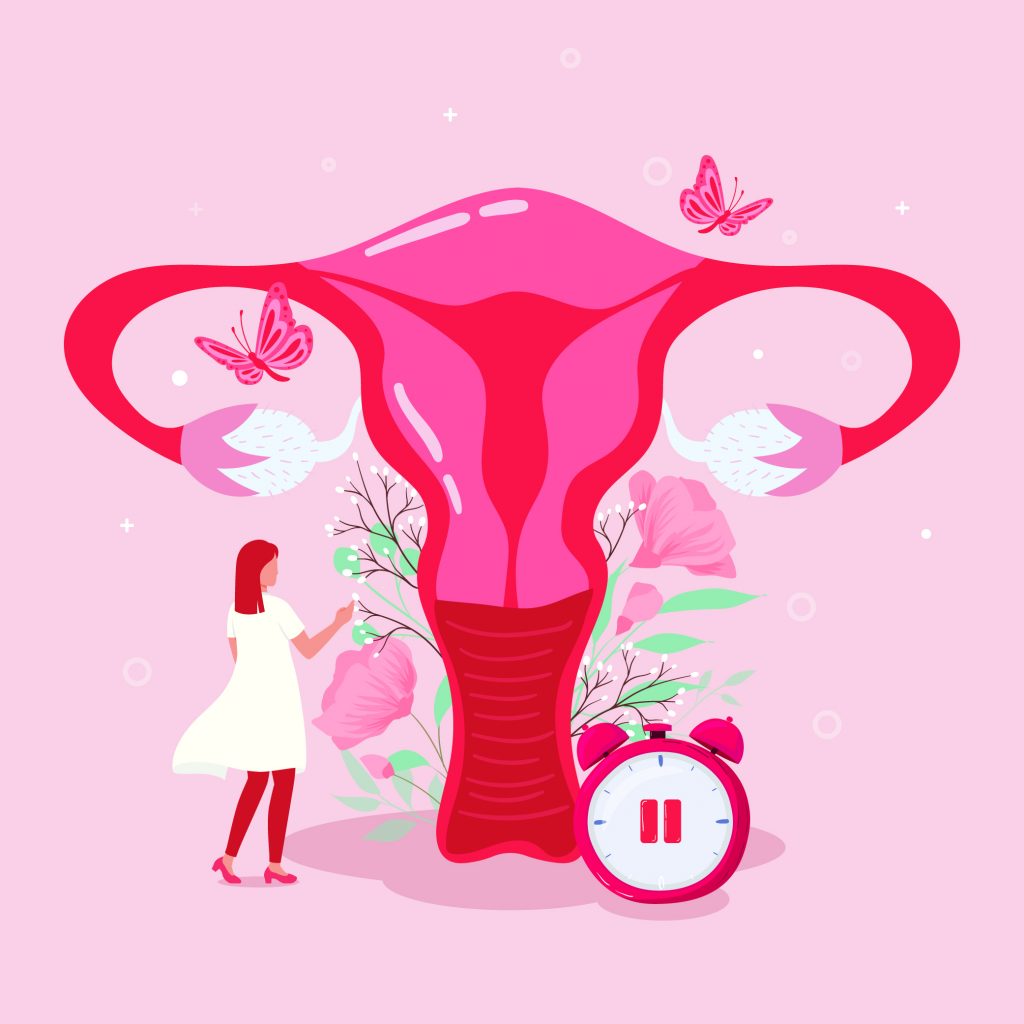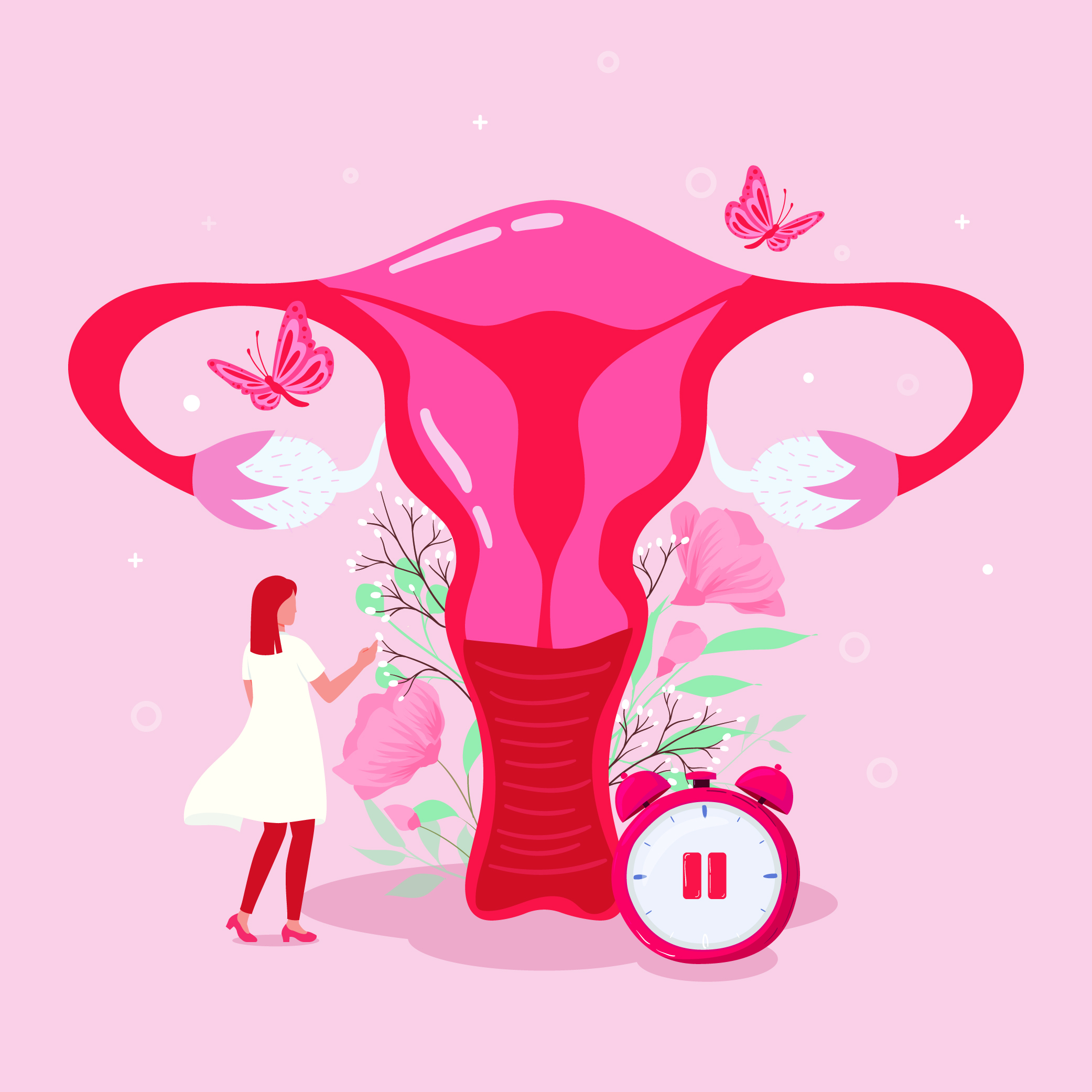Pcos and Pcod

What is Pcos ?
What is Pcod ?
What is PCOS symptoms ?
PCOS, or Polycystic Ovary Syndrome, is a hormonal disorder that affects women of reproductive age. The symptoms of PCOS can vary widely from person to person, but some of the most common symptoms include:
- Irregular periods: Women with PCOS may experience infrequent or irregular periods, or they may not get their period at all.
- Excessive hair growth: PCOS can cause excessive hair growth on the face, chest, stomach, and back.
- Acne: Women with PCOS may experience acne, which can be severe in some cases.
- Weight gain: Many women with PCOS struggle with weight gain and find it difficult to lose weight.
- Difficulty getting pregnant: PCOS can make it more difficult for women to get pregnant due to irregular periods and hormonal imbalances.
- Fatigue: Women with PCOS may feel tired or lethargic due to hormonal imbalances.
- Mood changes: PCOS can cause mood swings, depression, and anxiety.
- Headaches: Some women with PCOS experience headaches, especially during menstruation.
- Sleep apnea: PCOS can increase the risk of sleep apnea, a condition in which breathing is interrupted during sleep.
It’s important to note that not all women with PCOS will experience all of these symptoms, and some women may have only mild symptoms. If you suspect you may have PCOS, it’s important to talk to your doctor for a proper diagnosis and treatment plan.
What is treatment in yoga?
Polycystic Ovary Syndrome (PCOS) is a hormonal disorder that affects women of reproductive age. PCOS can cause irregular menstrual cycles, weight gain, acne, and excessive hair growth. Yoga asanas can be helpful in managing some of the symptoms of PCOS. Here are a few asanas that may be beneficial:
- Surya Namaskar (Sun Salutation): Surya Namaskar is a series of 12 yoga poses that can help improve blood circulation and reduce stress levels. It can also help with weight management, which is a common symptom of PCOS.
- Bhujangasana (Cobra Pose): Bhujangasana can help improve blood flow to the ovaries, which can help regulate menstrual cycles. It can also help with digestion and reduce stress.
- Dhanurasana (Bow Pose): Dhanurasana can help improve blood flow to the reproductive organs and regulate menstrual cycles. It can also help with weight management.
- Naukasana (Boat Pose): Naukasana can help strengthen the core and improve digestion. It can also help with weight management.
- Paschimottanasana (Seated Forward Bend): Paschimottanasana can help relieve stress and anxiety, which can be beneficial for women with PCOS. It can also help with weight management and improve blood flow to the reproductive organs.
It’s important to remember that yoga should be practiced under the guidance of a trained yoga teacher, especially if you have any medical conditions. It’s also important to consult with your healthcare provider before starting any new exercise regimen. Additionally, yoga asanas should be accompanied by a balanced diet and other lifestyle changes to effectively manage PCOS symptoms.
Ayuerveda treatment?
PCOS or Polycystic Ovary Syndrome is a condition that affects women of reproductive age. It is characterized by hormonal imbalances, irregular menstrual cycles, and the formation of cysts on the ovaries. While conventional medicine offers several treatment options for PCOS, including hormonal therapies and surgery, some people prefer to explore natural and alternative treatments like Ayurveda.
Ayurveda is an ancient Indian system of medicine that uses a holistic approach to healing. Ayurvedic treatments for PCOS focus on restoring the balance of the body, mind, and spirit to promote overall health and wellbeing. Here are some Ayurvedic treatments that may be helpful for women with PCOS:
- Herbal remedies: Ayurvedic practitioners may recommend various herbal remedies to help manage the symptoms of PCOS. For example, ashwagandha, shatavari, and guggulu are herbs that are believed to help regulate hormones and improve ovarian function.
- Dietary changes: Ayurveda emphasizes the importance of a healthy diet in maintaining good health. Women with PCOS may be advised to follow a diet that is low in carbohydrates and refined sugars, and high in fiber and protein. They may also be encouraged to eat a variety of fruits and vegetables, as well as healthy fats like nuts and seeds.
- Stress management: Stress can exacerbate the symptoms of PCOS, so Ayurvedic practitioners may recommend stress-management techniques like yoga, meditation, or breathing exercises.
- Massage: Ayurvedic massage techniques like abhyanga, which involves applying warm oil to the body, can help improve circulation and promote relaxation.
It’s important to note that Ayurvedic treatments should not be used as a substitute for conventional medical care. If you have been diagnosed with PCOS, it’s important to work with your healthcare provider to develop a treatment plan that is right for you.
What is Pcod Symptoms?
PCOD, or Polycystic Ovary Disease, is a hormonal disorder that affects women of reproductive age. The symptoms of PCOD can vary from person to person, but some of the most common symptoms include:
- Irregular periods: Women with PCOD may have infrequent or prolonged menstrual periods or may experience heavy bleeding during their periods.
- Excessive hair growth: PCOD can cause excessive hair growth on the face, chest, stomach, and back.
- Acne: Women with PCOD may experience acne, which can be severe in some cases.
- Weight gain: Many women with PCOD struggle with weight gain and find it difficult to lose weight.
- Difficulty getting pregnant: PCOD can make it more difficult for women to get pregnant due to irregular periods and hormonal imbalances.
- Fatigue: Women with PCOD may feel tired or lethargic due to hormonal imbalances.
- Mood changes: PCOD can cause mood swings, depression, and anxiety.
- Headaches: Some women with PCOD experience headaches, especially during menstruation.
- Sleep apnea: PCOD can increase the risk of sleep apnea, a condition in which breathing is interrupted during sleep.
It’s important to note that not all women with PCOD will experience all of these symptoms, and some women may have only mild symptoms. If you suspect you may have PCOD, it’s important to talk to your doctor for a proper diagnosis and treatment plan.
Polycystic Ovarian Disease TREATNMENT IN YOGA?
Polycystic ovarian disease (PCOD), also known as polycystic ovarian syndrome (PCOS), is a common hormonal disorder that affects many women of reproductive age. While there is no cure for PCOD, yoga and other lifestyle modifications may help manage symptoms and improve overall health.
Here are some yoga practices that may be beneficial for PCOD:
- Pranayama (Breathing exercises): Pranayama can help to balance hormones, reduce stress, and increase oxygen levels in the body. Some effective pranayama techniques for PCOD include Kapalbhati, Bhastrika, Anulom Vilom, and Nadi Shodhana.
- Asanas (Yoga poses): Certain yoga poses can help to regulate hormone levels and improve ovarian function. Some effective asanas for PCOD include the Bhujangasana (Cobra pose), Dhanurasana (Bow pose), Padmasana (Lotus pose), and Surya Namaskar (Sun Salutation).
- Meditation: Meditation can help to reduce stress and anxiety, which are common symptoms of PCOD. Practicing meditation regularly can help to improve overall mental and emotional well-being.
- Diet: In addition to yoga, making changes to your diet may also be helpful for managing PCOD. Eating a healthy, balanced diet that is low in sugar and refined carbohydrates may help to regulate blood sugar levels and reduce inflammation in the body.
It is important to note that while yoga and lifestyle modifications may help to manage symptoms of PCOD, they should not replace medical treatment. If you have been diagnosed with PCOD, it is important to work closely with your healthcare provider to develop a comprehensive treatment plan.
Polycystic Ovarian Disease Treatment in Ayurveda?
Polycystic Ovarian Disease (PCOD) is a hormonal disorder affecting women of reproductive age. Ayurveda, a traditional Indian system of medicine, offers various treatment options for PCOD.
The treatment approach in Ayurveda involves a combination of dietary and lifestyle modifications, herbal medicines, and therapies such as Yoga and Pranayama.
Here are some Ayurvedic treatment options for PCOD:
- Diet and Lifestyle Modifications: Ayurveda emphasizes the importance of a balanced and healthy diet in the treatment of PCOD. A diet rich in fresh fruits, vegetables, whole grains, and low-fat dairy products is recommended. Regular exercise and stress management techniques such as Yoga, Pranayama, and meditation can also help in the management of PCOD.
- Herbal Medicines: Ayurvedic practitioners often prescribe herbs such as Shatavari, Ashoka, and Lodhra for the treatment of PCOD. These herbs are believed to have hormonal balancing and anti-inflammatory properties and can help regulate menstrual cycles.
- Panchakarma Therapy: Panchakarma is a detoxification therapy that involves various cleansing techniques to eliminate toxins from the body. This therapy can help regulate hormonal imbalances and improve reproductive health.
- Ayurvedic Massages: Ayurvedic massages such as Abhyanga and Udvarthana can help improve blood circulation, reduce stress, and promote overall well-being.
It is important to note that Ayurvedic treatments should be done under the guidance of a qualified Ayurvedic practitioner. Also, PCOD is a complex disorder that requires a multidisciplinary approach for effective management. Hence, it is essential to consult with a gynecologist and endocrinologist in addition to an Ayurvedic practitioner for a comprehensive treatment plan.

